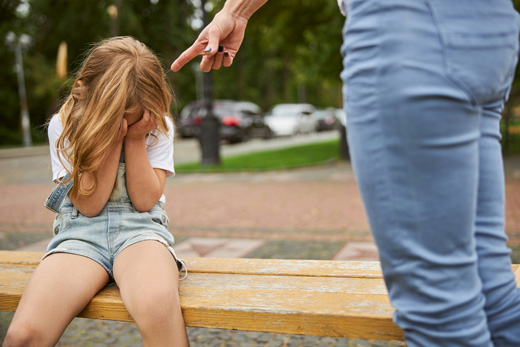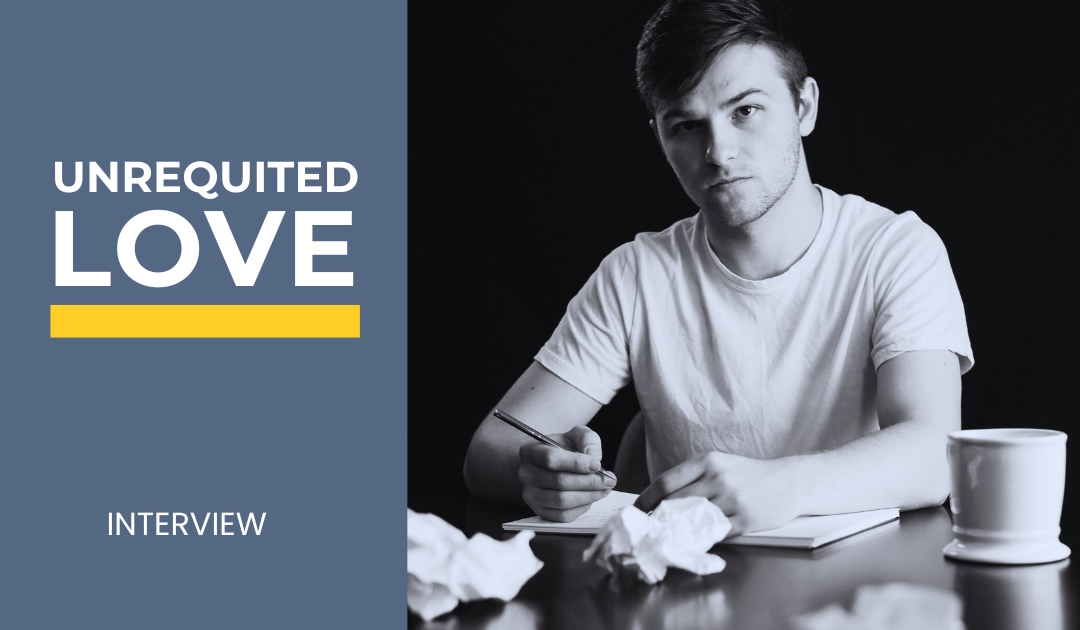Unrequited love – how to deal with it?
In a recent interview published in the Berliner Morgenpost, I had the opportunity to share my thoughts on unrequited love. Here I would like to elaborate on some of the more important aspects.
Here are three key insights into unrequited love:
At a glance
- The sooner you accept reality, the easier it becomes. Most of the time, the signals the other person sends are trustworthy—if they show affection, they likely care for you. But if their actions or words suggest otherwise, it’s important to take that just as seriously.
- Love does not depend on others. The real pain comes from feeling dependent on someone else and losing your sense of freedom.
- At the same time, your feelings are entirely human. You remain lovable. Almost everyone knows what it’s like to have their affection not equally returned.
1. What is unrequited love?
That depends on what we mean by love. I distinguish three forms of love: being in love, partnership love, and a deeper love that is directed toward the whole of life – regardless of reciprocity. Here, we are primarily dealing with the first two: being in love, marked by longing and passion, and partnership love, which is built on mutuality.
Unrequited love often feels like endlessly chasing someone—and that hurts. It comes with unmet expectations for closeness, communication, or attention. Typical signs include unanswered messages, repeated rejection, or a lack of effort from the other person to initiate contact.
The problem is that when we’re in love, it’s hard to recognize these signs. We convince ourselves that things could be different or build stories of hope. Sometimes we’re so caught up in our emotions that we fail to see the distance.
2. Why do we fall for emotionally unavailable people?
It is not uncommon for affection to be unevenly distributed. Many people find it attractive if the other person is not always available and seems very independent. The supposedly unattainable often has a magnetic attraction – it is like a puzzle to be solved.
We are particularly drawn to such constellations when we have unconscious difficulties with emotional intimacy. This can often be linked to childhood experiences—when we’ve learned that love is hard to attain or tied to pain. Unrequited love is often painful, but it is also an opportunity to better understand our patterns and to break free of them.
3. What factors contribute to unrequited love? Childhood experiences and relationship patterns.
Certain factors can contribute to unrequited love. For instance, if a child frequently feels the need to fight for the love of a caregiver, they may later be drawn to people whose love is hard to attain. This happens because the nervous system perceives this kind of “unattainable love” as familiar. Love then feels like a balloon that slips out of your hands and rises higher and higher – the more you stretch and reach for it, the further away it gets, until all you feel is emptiness in your hand – even if the other person really loves you.
Past relationships can also play a role. If we’ve faced repeated rejection or experienced relationships where love wasn’t reciprocated equally, we may unconsciously seek similar situations. It’s as though we’re trying to heal old wounds by “winning” this time.
These patterns are not conscious choices, but unconscious survival strategies that have shaped us. Thus, pursuing unrequited love may be an attempt to overcome old, unresolved attachment pain – even if, paradoxically, it results in experiencing the pain over and over again.

4. Psychological effects of unrequited love: self-doubt and sadness
The psychological consequences can be significant. However, they do not arise solely from the fact that our feelings are not reciprocated. Rather, they reflect our personal ability to cope with emotionally stressful situations.
Research on resilience—our ability to cope with adversity—has shown that we can manage emotional stress effectively. However, it’s not always easy.
For many, unrequited love leads to a cycle of self-doubt, sadness, or even depression. Thoughts often revolve obsessively around the same person, severely impacting daily life and overall enjoyment. It is important to be compassionate with yourself in these moments. The point is not to suppress these feelings, but to find a way to understand and process them.
5. How to deal with unrequited feelings? Practical tips
At our core, we are all whole and lovable, regardless of whether our feelings are reciprocated. Recognizing this can be a key to managing unrequited feelings. While the pain is real, the experience also provides an opportunity to deepen self-discovery and understanding.
Any emotion you may feel is valid. It’s perfectly okay to feel sad, disappointed, or angry. What helps is acknowledging these emotions without acting on them or allowing them to take over. This creates space for some feelings to recede into the background, allowing us to connect with other emotions, which can then naturally pass.
Unrequited love is also a grieving process-a farewell to a hope or an ideal. Grief comes in waves and requires time. Accepting the pain, expressing it, and showing self-compassion can help us reconnect with the joy of life.
6. How do you let go of unrequited love?
To let go is to stop actively clinging.
—stopping the behaviors and thoughts that keep us emotionally tied to the other person. It’s about gradually stepping away from the self-created whirlwind of love. Practical steps can help:
The first step is to accept reality. It’s painful to acknowledge that your feelings aren’t mutual, but this acceptance is essential for letting go. A crucial part of this process is recognizing that you’ve fallen in love with your fantasy rather than the actual person.
Distance is crucial. Minimize contact with the other person as much as possible. Otherwise, your feelings will keep getting stirred up, making it harder to find peace.
Reconnect with resources that may have been forgotten. Talking with friends, family, or professional support can be invaluable in finding your way back. Exercise and other activities that may have been neglected can also help us regain balance.
Be patient. This process takes a while – it’s a bit like coming off drugs and going through withdrawal. And while it may sound cliché, time truly does heal wounds. The body needs time for old patterns to fade and new ones to form, as biochemical processes gradually adjust.
